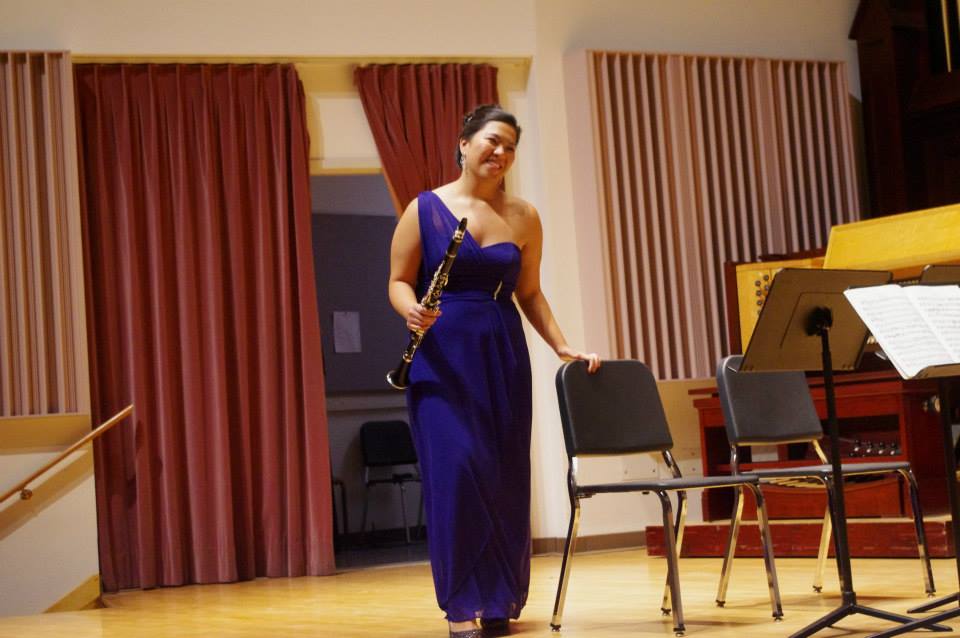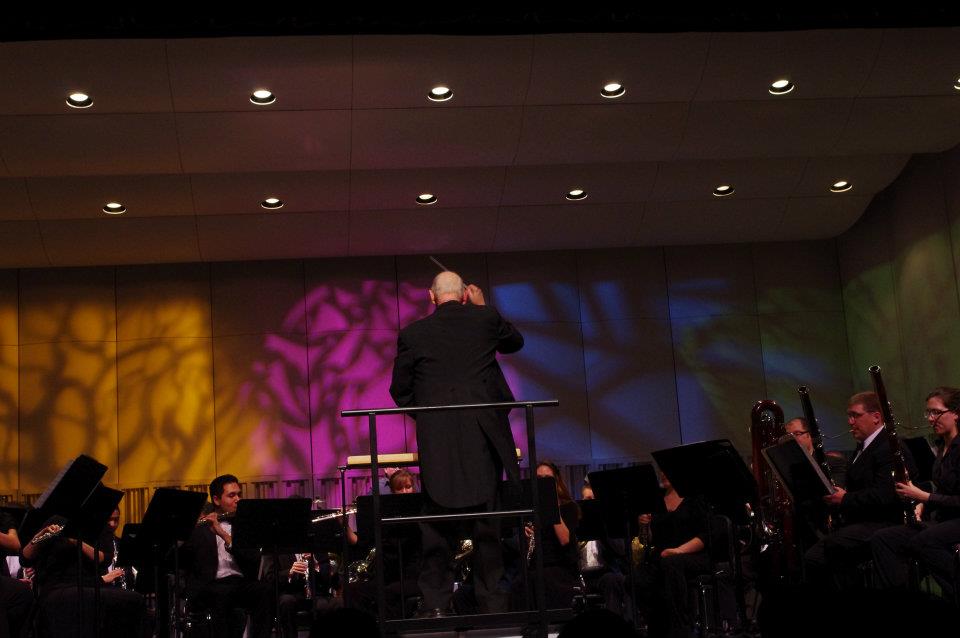by Justine Saquilayan
One day, in a galaxy far, far away, I was principal clarinetist in my college wind symphony. This role came with its set of responsibilities, not the least of which was being the de facto soloist during our concert season. I still remember the day I was awarded a solo that began a long piece of difficult music – in my world at the time, it was a challenge of gigantic proportions…but I was a professional (ONLY in my mind) and a serious musician, so I thought, “I’ve got this.”
Concert day arrives, and I am dressed in all black. My instrument is tuned, but my hands were shaking. I messed up royally, letting out the most horrifying and unnatural screech into the packed house. To make matters worse, the internationally renowned composer of that piece was sitting in the audience. Afterwards, as I scurried backstage, my conductor said, “Well, at least you recovered.”
I lived and I learned (right after I called my parents in great distress). My conductor was right – I did recover. I got better at my craft that day because of a mistake. I would rather not have reached that point, but it ultimately gave me a boost of confidence. I was able to persevere and strive towards my goals – towards 100% accuracy and artistry. This is one, of many, reasons why being a classical musician prepared me for a life in public relations.
In those days, my time was not spent crafting press releases or pulling social data for analytics reports. My professional vocabulary did not contain the words “engagement” or “organic reach” or “media relations.” Now, all of that has changed, but I haven’t felt the need to throw away my past.
Here are just five ways classical music has helped me succeed on this new path:
- It’s all about communication: To be great at PR, you need to be able to connect with people of all backgrounds. In music, the objective is the same – to communicate effectively with your audience. This means playing stately when you’re trying to convey the image of a march or understanding the nuances of your key demographic.
- Bold ideas, bold results: When you’re an artist, you know how to tap into your creative side. This helps greatly when you’re in a brainstorming session. I’ve found that having a different perspective allows me to really dive deep into my ideas, my aesthetic and creative work.
- Practice perfect: Practice, practice, practice. Mastering an instrument requires thousands of hours (10,000 hours, as my Malcolm-Gladwell-loving saxophone professor would remind us) of intense, focused practice. No matter where you learn it, be it PR or elsewhere, an individual with great work ethic is always in-demand.
- Don’t be the weakest link: Playing in a large (or even small) ensemble will hold you accountable. The saying goes that you’re only as good as your weakest link. Nobody wants to be called out for not knowing his part. When your PR team members are counting on you to complete research, write your portion or prepare an important document, the same is true.
- Take the heat and learn from it: Being on stage means you’re out there for the whole world to see. Your professor is at the back of the hall, taking notes to give you constructive criticism for the next performance. Take valuable advice when you can from people who have come before you, and don’t take it personally. Most of the time, people just want to see you do well.
The lesson here is, don’t let your background or past experiences limit you. Be confident in what you know, and use it to differentiate yourself no matter what career path you choose in the future.
Photos are courtesy of Jake Turner





